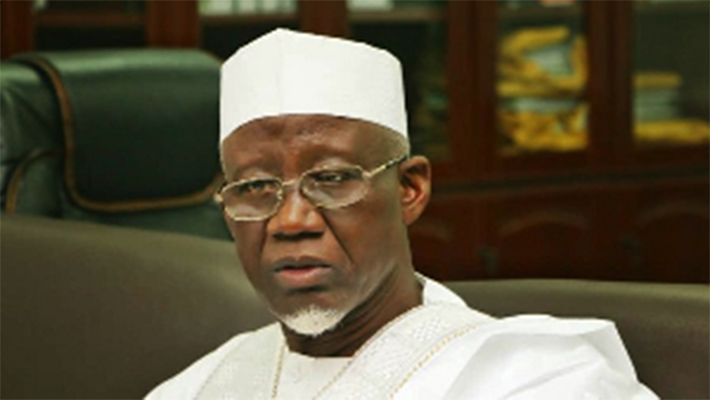FG’s New Plan to Tackle Unemployment: Why NGOs Hold the Key to Millions of Jobs
FG’s New Plan to Tackle Unemployment: Why NGOs Hold the Key to Millions of Jobs
By Achimi Muktar
As Nigeria grapples with rising unemployment, the federal government is looking beyond traditional solutions and opening its doors to non-governmental organizations (NGOs) to create sustainable job opportunities—especially for young people.
During a high-profile meeting in Abuja, Muhammad Dingyadi, Minister of Labour and Employment, announced the government’s willingness to collaborate with NGOs to develop innovative employment strategies.
“The federal government’s objective is to ensure people get jobs they can call their own—not just white-collar jobs, but sustainable opportunities that can employ large numbers of youths,” Dingyadi stated.
The meeting was led by Daniel Black, the national head of a UN-affiliated consortium of NGOs, working under the United Nations NGO Committee on Social Development.
Black emphasized the need for stronger government-NGO partnerships to drive social and economic development, adding that they are preparing to showcase Nigeria’s employment strategies at a global UN event.
With youth unemployment soaring, the federal government is under pressure to explore alternative solutions. Dingyadi stressed the need for "safe jobs" that provide financial security and long-term growth.
“Our mandate is to create opportunities and ensure Nigerian youths are gainfully employed through various engagement strategies,” he said.
Black also announced that the consortium will host a United Nations Social Development Workshop in Abuja before heading to the 63rd session of the UN Commission for Social Development in New York.
“At the end of the workshop, we will develop a report on Nigeria’s social development reality, highlighting the roles of government and NGOs in improving employment opportunities,” Black revealed.
As NGOs step in to bridge the employment gap, the success of this initiative depends on strong government support, strategic implementation, and policy reforms.
With a renewed focus on collaboration, innovation, and practical solutions, could this be Nigeria’s long-awaited breakthrough in tackling unemployment? Or will it be just another government promise that fades away?


















